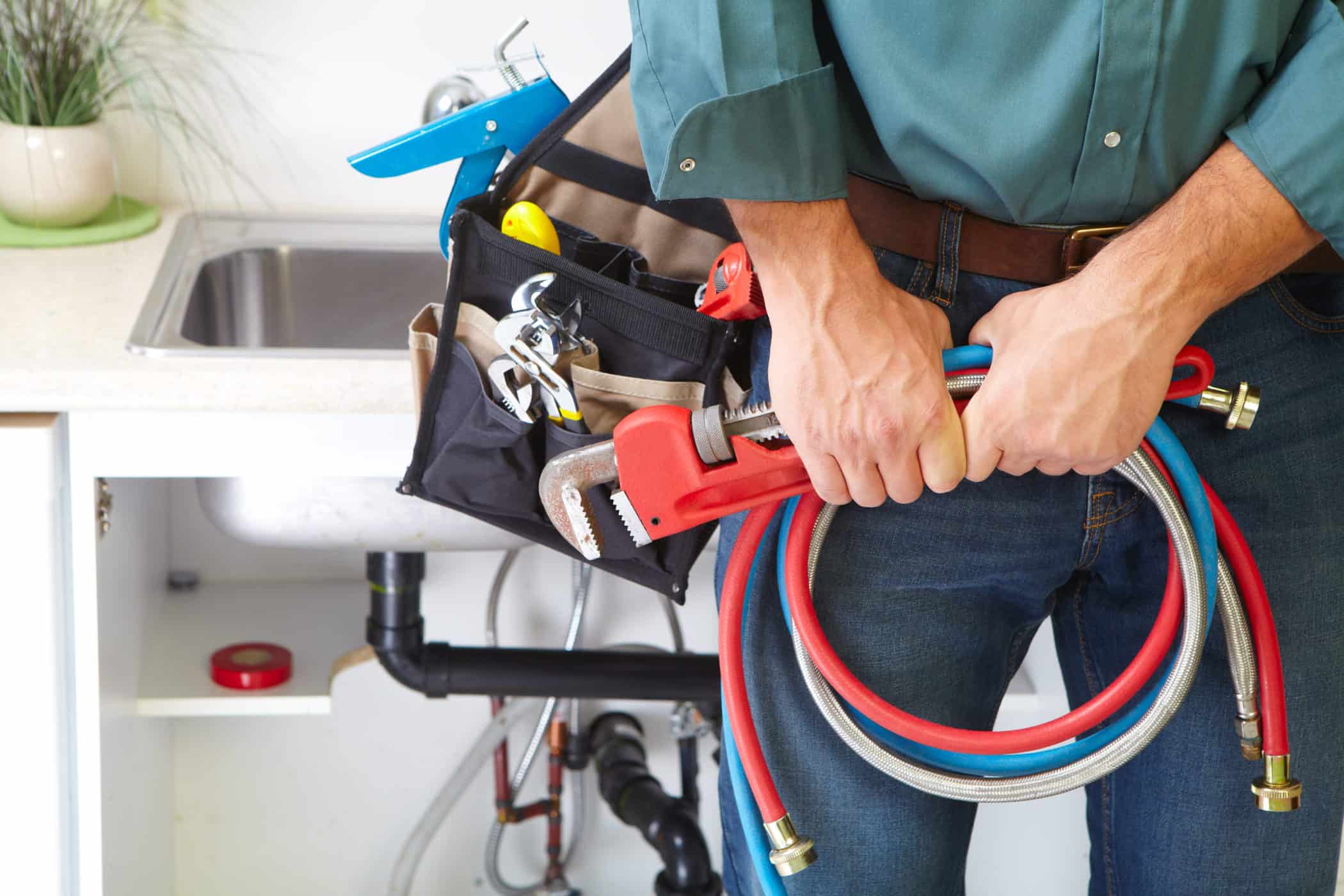

Articles
How Can I Get A Plumbing License
Modified: January 8, 2024
Looking for articles on how to get a plumbing license? Discover the steps and requirements to become a licensed plumber in this helpful guide.
(Many of the links in this article redirect to a specific reviewed product. Your purchase of these products through affiliate links helps to generate commission for Storables.com, at no extra cost. Learn more)
Introduction
Obtaining a plumbing license is an important step for individuals looking to pursue a career in the plumbing industry. A plumbing license not only serves as a validation of your skills and knowledge but also opens up opportunities for professional growth and advancement in the field.
In order to practice as a licensed plumber, it is crucial to meet the requirements set by the relevant licensing board or authority in your jurisdiction. These requirements typically include completing specific education and training programs, gaining practical experience, and passing a comprehensive licensing exam.
In this article, we will explore the process of obtaining a plumbing license in detail, covering the necessary steps and considerations. Whether you are just starting your journey in the plumbing trade or looking to transition from an apprentice to a licensed plumber, understanding the licensure process is essential.
By obtaining a plumbing license, you not only demonstrate your expertise and commitment to professional standards but also instill confidence in potential clients that they are hiring a qualified and reliable professional for their plumbing needs. With the demand for skilled plumbers on the rise, having a valid plumbing license can significantly enhance your career prospects and increase your earning potential.
So, if you are eager to learn how to get a plumbing license and embark on a fulfilling and rewarding career in the plumbing industry, let us dive into the requirements and steps involved in achieving this important milestone.
Key Takeaways:
- Obtaining a plumbing license involves completing education, gaining practical experience, and passing an exam. It’s a crucial step towards professional growth and instills confidence in clients, opening doors to higher-paying opportunities.
- Renewing and maintaining a plumbing license is essential, showcasing dedication to ongoing education and compliance with industry standards. It ensures legal operation and reflects commitment to professionalism.
Read more: How Can I Get A Construction License
Understanding the Requirements for a Plumbing License
Before you begin the process of obtaining a plumbing license, it is crucial to have a clear understanding of the requirements set by the licensing authority in your jurisdiction. The specific requirements can vary depending on your location, so it is important to research and familiarize yourself with the guidelines applicable to your area.
One of the primary requirements for obtaining a plumbing license is completing the necessary education and training. This typically involves enrolling in a plumbing apprenticeship program or attending a trade school that offers plumbing courses. These programs provide aspiring plumbers with the foundational knowledge and practical skills needed to enter the plumbing industry.
Additionally, some licensing boards may require a minimum number of hours of classroom instruction and on-the-job training. This ensures that aspiring plumbers have a comprehensive understanding of plumbing theory and are equipped with the hands-on experience required to handle real-world plumbing challenges.
Alongside completing the required education and training, it is important to meet the age and legal eligibility criteria set by the licensing authority. Most jurisdictions require candidates to be at least 18 years old and have a high school diploma or equivalent qualification.
Furthermore, aspiring plumbers may be required to pass a background check and provide proof of their legal residency or work authorization. These steps are taken to ensure the safety and integrity of plumbing professionals and protect the interests of clients.
Moreover, in some jurisdictions, aspiring plumbers are required to pass a drug test as part of the licensure process. This requirement emphasizes the importance of maintaining a drug-free work environment and upholding professional standards in the plumbing industry.
Lastly, it is important to note that obtaining a plumbing license may also require the payment of application fees and the submission of necessary documentation, such as transcripts, proof of training, and letters of recommendation. These requirements may vary, so it is essential to carefully review the guidelines provided by your local licensing authority.
By understanding and fulfilling the requirements for a plumbing license, you can position yourself as a qualified and competent professional in the plumbing industry. It is essential to thoroughly research and comply with the specific requirements established by the licensing authority in your area to ensure a smooth licensure process.
Completing the Required Education and Training
Once you have a clear understanding of the requirements for obtaining a plumbing license, the next step is to complete the necessary education and training. This step is crucial as it equips you with the foundational knowledge and practical skills needed to excel in the plumbing industry.
There are multiple paths you can take to meet the educational requirements for a plumbing license. One common option is to enroll in a plumbing apprenticeship program. These programs typically combine classroom instruction with on-the-job training, providing a comprehensive learning experience.
During an apprenticeship program, you will work under the supervision of experienced plumbers, allowing you to gain practical experience and learn the ins and outs of the trade. You will also attend classes where you will learn about plumbing theory, safety practices, plumbing codes, and more.
If an apprenticeship program is not available in your area or if you prefer an alternative route, you can opt to attend a trade school that offers plumbing courses. Trade schools provide focused training in specific trades, including plumbing. These programs typically offer a structured curriculum that covers plumbing fundamentals, tools and equipment, pipe fitting, and other essential topics.
When choosing a trade school or apprenticeship program, ensure that it is accredited and recognized by the relevant licensing authority. This ensures that the training you receive meets the necessary standards and requirements for obtaining a plumbing license.
To enhance your learning experience and expand your knowledge, it can be beneficial to participate in additional workshops, seminars, or industry conferences. These opportunities allow you to stay updated on the latest advancements in plumbing technology and techniques and network with other professionals in the field.
Furthermore, taking advantage of online resources and self-study materials can supplement your formal education and help you deepen your understanding of plumbing concepts. There are numerous online courses, videos, and tutorials available that can provide valuable insights and practical tips for aspiring plumbers.
Completing the required education and training is a crucial step to lay the foundation for a successful plumbing career. By investing time and effort into acquiring the necessary knowledge and skills, you will not only meet the requirements for a plumbing license but also become a confident and competent professional in the plumbing industry.
Gaining Practical Experience
In addition to completing the required education and training, gaining practical experience is a vital step towards obtaining a plumbing license. Practical experience allows you to apply the knowledge and skills learned in a real-world setting, further honing your abilities as a plumber.
One way to gain practical experience is through apprenticeship programs. As an apprentice, you will have the opportunity to work alongside experienced plumbers, learning from their expertise and guidance. This hands-on experience allows you to understand the practical aspects of plumbing, such as pipe installation, repair, and maintenance.
During your apprenticeship, you will be exposed to a variety of plumbing tasks, ranging from simple repairs to complex installations. This exposure will help you develop problem-solving skills and the ability to handle different plumbing scenarios effectively.
In addition to apprenticeship programs, seeking employment with a licensed plumbing company or contractor can provide valuable practical experience. Working under the supervision of experienced professionals allows you to gain insight into the day-to-day operations of a plumbing business while further sharpening your skills.
When starting your journey as a plumbing apprentice or working in the field, it is important to maintain a strong work ethic, demonstrate professionalism, and be eager to learn. These qualities will not only make you a valuable asset to your employer but also position you favorably when applying for a plumbing license.
While gaining practical experience, it is essential to keep a record of the tasks you have completed and the projects you have worked on. This documentation can serve as evidence of your experience and be required when applying for a plumbing license.
Furthermore, consider joining professional plumbing associations or organizations in your area. These groups often offer opportunities for networking, continuing education, and staying updated on industry trends. Participating in these associations can enhance your practical knowledge and provide valuable connections within the plumbing community.
By gaining practical experience in the field, you not only improve your plumbing skills but also demonstrate your commitment to the profession. Reliable and hands-on experience is highly regarded by licensing authorities, significantly increasing your chances of obtaining a plumbing license.
Research the specific requirements for obtaining a plumbing license in your area, which may include completing an apprenticeship, passing an exam, and meeting certain educational and experience criteria.
Applying for and Taking the Plumbing License Exam
Once you have completed the required education, training, and gained practical experience, the next step in obtaining a plumbing license is applying for and taking the plumbing license exam. The exam is designed to assess your knowledge and competency in the field of plumbing.
The first step in this process is to submit an application to the licensing authority in your jurisdiction. The application typically requires you to provide the necessary documentation, such as proof of education, training, and work experience. Additionally, you may need to pay an application fee.
Once your application has been reviewed and accepted, you will receive information regarding the plumbing license exam. The exam may be administered by the licensing authority directly or through a third-party testing agency.
The plumbing license exam is usually composed of both written and practical components. The written portion assesses your knowledge of plumbing theory, codes and regulations, safety practices, and industry standards. The practical portion tests your ability to perform various plumbing tasks, such as installing and repairing pipes, fixtures, and fittings.
Preparing for the exam is crucial to increase your chances of success. Start by reviewing your textbooks, lecture notes, and any other learning materials you used during your education and training. Familiarize yourself with plumbing codes, regulations, and safety practices specific to your jurisdiction.
It is also beneficial to seek out study guides and practice exams that align with the content and format of the plumbing license exam. These resources can help you become familiar with the types of questions and scenarios you may encounter, allowing you to practice and refine your problem-solving skills.
Consider forming study groups or joining online forums where you can collaborate with other aspiring plumbers preparing for the exam. Sharing knowledge and discussing concepts can provide different perspectives and deepen your understanding of plumbing principles.
On the day of the exam, make sure to arrive early and be well-prepared. Bring any required identification and necessary materials, such as calculators, pencils, and reference books (if allowed). Follow the instructions provided by the exam proctors and pace yourself throughout the exam to allocate sufficient time for each section.
Remember to stay calm and focused during the exam. Take your time to read each question carefully and fully understand what is being asked before providing your responses. If you encounter challenging questions, make an educated guess and move on to avoid spending too much time on a single question.
After completing the exam, your results will be evaluated by the licensing authority or testing agency. You will typically receive your exam scores, along with information on whether you have successfully passed and are eligible for a plumbing license.
By preparing diligently and performing well on the plumbing license exam, you are one step closer to becoming a licensed plumber. Successfully passing the exam further validates your skills, knowledge, and expertise in the plumbing industry.
Meeting Additional Requirements and Obtaining the License
Once you have passed the plumbing license exam, you are well on your way to becoming a licensed plumber. However, there may be additional requirements that need to be met before obtaining your license. These requirements vary depending on the jurisdiction and the specific regulations set by the licensing authority.
One common requirement is the completion of a certain number of hours of supervised work experience. This is often referred to as the “journeyman” or “master plumber” requirement, where you must work as a licensed plumber for a specific period of time under the supervision of a qualified professional. This hands-on experience ensures that you have gained sufficient practical knowledge and skills to work independently as a licensed plumber.
In some cases, additional education or specialized training may be required. This could include courses on specific plumbing systems, such as gas fitting or hydronic heating, or training in specialized areas like backflow prevention or green plumbing practices. These additional requirements demonstrate your commitment to ongoing professional development and your willingness to stay updated with the latest advancements in the field.
Additionally, there may be financial obligations associated with obtaining a plumbing license. This could include paying a license fee or maintaining an active membership with professional organizations or licensing boards. It is important to budget for these costs and ensure compliance with any necessary financial obligations.
Once all the requirements have been met, you can proceed with submitting your application for a plumbing license. This typically involves providing the necessary documentation, such as proof of completed training, work experience, and passing the plumbing license exam. It is important to carefully review the application requirements and ensure that all documentation is accurate and up to date.
Upon receiving your completed application, the licensing authority will review and verify the information provided. This may involve conducting a background check, reviewing work experience records, and ensuring compliance with all the necessary requirements.
If your application is approved, you will be issued your plumbing license, officially recognizing you as a licensed plumber. The license may be in the form of a physical document or a digital certificate, depending on the practices in your jurisdiction.
It is important to note that obtaining a plumbing license is not a one-time achievement. Most licenses have an expiration date, and it is necessary to renew the license periodically. This usually involves completing continuing education requirements and paying a renewal fee to demonstrate your commitment to ongoing professional development and staying updated with industry standards.
Maintaining an active plumbing license ensures that you are operating legally and can continue to provide plumbing services to clients. It also showcases your dedication to professionalism and upholding the highest standards in the plumbing industry.
By meeting all additional requirements and obtaining a plumbing license, you are on your way to a successful and rewarding career as a licensed plumber. The license not only provides credibility and recognition but also opens up opportunities for growth, advancement, and increased earning potential within the plumbing industry.
Renewing and Maintaining Your Plumbing License
Obtaining a plumbing license is an important milestone in your career as a plumber, but it doesn’t end there. Maintaining and renewing your license is essential to ensure ongoing compliance with licensing regulations and to demonstrate your commitment to professionalism and industry standards.
Most plumbing licenses have an expiration date, typically ranging from one to three years, depending on the jurisdiction. It is crucial to keep track of your license’s expiration and initiate the renewal process well before the deadline to avoid any lapse in your licensure status.
Renewing your plumbing license often involves completing specific requirements set by the licensing authority. One of the most common requirements is completing continuing education credits. These credits demonstrate your commitment to stay updated with the latest developments, techniques, and codes in the plumbing industry.
Continuing education requirements can vary depending on your jurisdiction but may involve attending workshops, seminars, or online courses offered by approved providers. These educational opportunities offer valuable insights, enhance your skills, and keep you informed about innovations in the plumbing field.
In addition to continuing education, you may also need to pay a renewal fee when renewing your plumbing license. The fee helps cover administrative costs associated with the renewal process and contributes to maintaining the licensing board’s operations.
Some licensing authorities may also require proof of ongoing work experience or verification of hours worked as a licensed plumber during the renewal period. This ensures that you have remained actively engaged in the profession and have the necessary practical experience to maintain your license.
It is essential to stay informed about any changes or updates in the renewal process and requirements. Check with your local licensing board or regulatory body regularly to ensure that you are aware of any updates and can fulfill all the necessary obligations for license renewal.
Failure to renew your plumbing license or meet the renewal requirements can result in the expiration of your license. Operating without a valid license can lead to legal consequences, loss of clients, and damage to your professional reputation. It is therefore crucial to prioritize and meet the renewal deadlines and requirements.
Renewing and maintaining your plumbing license not only keeps you legally compliant but also showcases your dedication to professional growth and ongoing improvement. It demonstrates to clients and employers that you are committed to upholding the highest standards of the plumbing industry.
By actively participating in continuing education, fulfilling renewal requirements, and staying updated with industry developments, you can maintain a valid and active plumbing license. This ensures that you can continue to practice as a licensed plumber, providing quality services to clients and contributing to the plumbing industry’s reputation and standards.
Conclusion
Obtaining a plumbing license is an important step towards building a successful career in the plumbing industry. It not only validates your skills and knowledge but also opens up doors of opportunities for professional growth and advancement.
Throughout this article, we have explored the various steps involved in obtaining a plumbing license, from understanding the requirements to completing the necessary education and training, gaining practical experience, and applying for and taking the plumbing license exam. We have also discussed the importance of meeting additional requirements and maintaining your license through renewal.
By understanding and fulfilling the requirements for a plumbing license, you position yourself as a qualified and competent professional in the plumbing industry. Completing the required education and training equips you with the foundational knowledge and practical skills needed to excel in the field. Gaining practical experience allows you to apply your learning in real-world scenarios and further refine your abilities as a plumber.
Applying for and taking the plumbing license exam demonstrates your mastery of plumbing theory, codes, regulations, and practical skills. Meeting any additional requirements, such as work experience or specialized training, showcases your commitment to ongoing professional development and staying up to date with industry standards.
Finally, renewing and maintaining your plumbing license ensures that you are operating legally and can continue to provide plumbing services to clients. It reflects your dedication to professionalism, ongoing education, and complying with industry regulations.
Embarking on the journey to obtain a plumbing license requires dedication, hard work, and a commitment to continuous improvement. However, the rewards are plentiful. By becoming a licensed plumber, you instill confidence in clients, elevate your professional status, and open doors to higher-paying job opportunities.
Remember, the path to obtaining a plumbing license may vary depending on your jurisdiction’s specific requirements. It is essential to research and familiarize yourself with the guidelines set by your local licensing authority.
So, if you aspire to build a successful career as a licensed plumber, follow the steps outlined in this article, remain dedicated to your education and training, gain hands-on experience, and stay informed of industry advancements. With a valid plumbing license in hand, you will be well-equipped to tackle the challenges and seize the opportunities that come your way in the dynamic and rewarding world of plumbing.
Frequently Asked Questions about How Can I Get A Plumbing License
Was this page helpful?
At Storables.com, we guarantee accurate and reliable information. Our content, validated by Expert Board Contributors, is crafted following stringent Editorial Policies. We're committed to providing you with well-researched, expert-backed insights for all your informational needs.
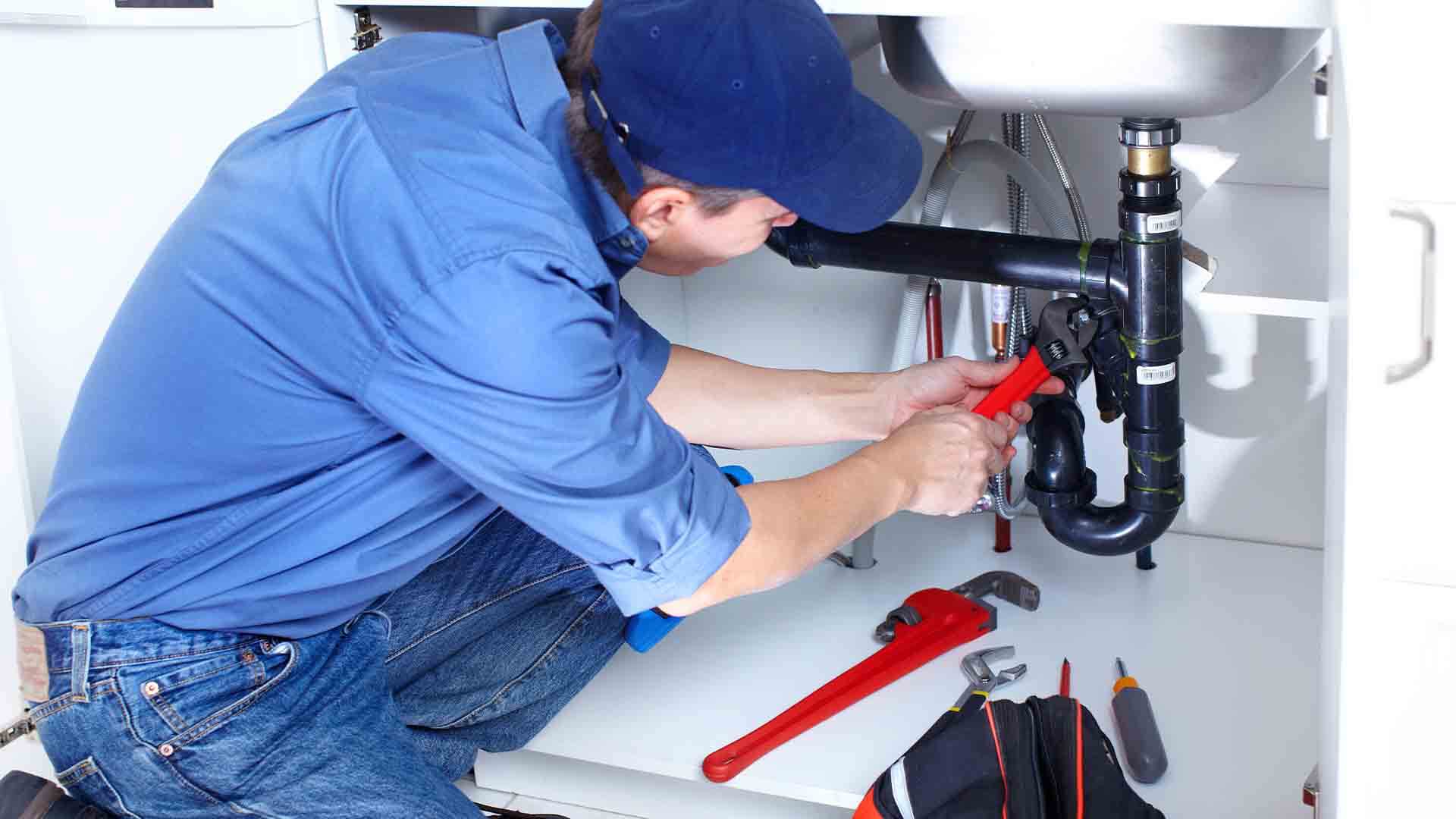
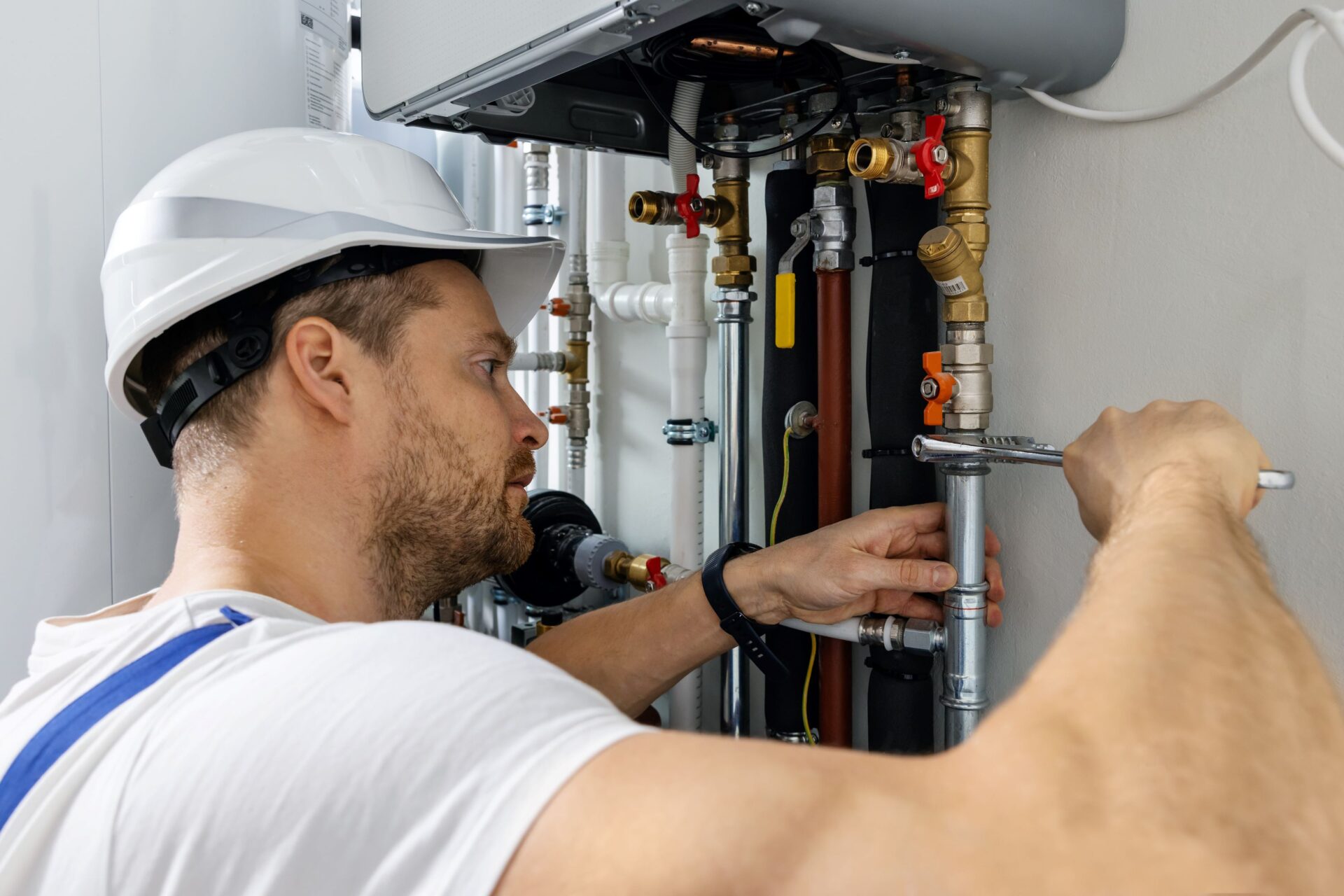
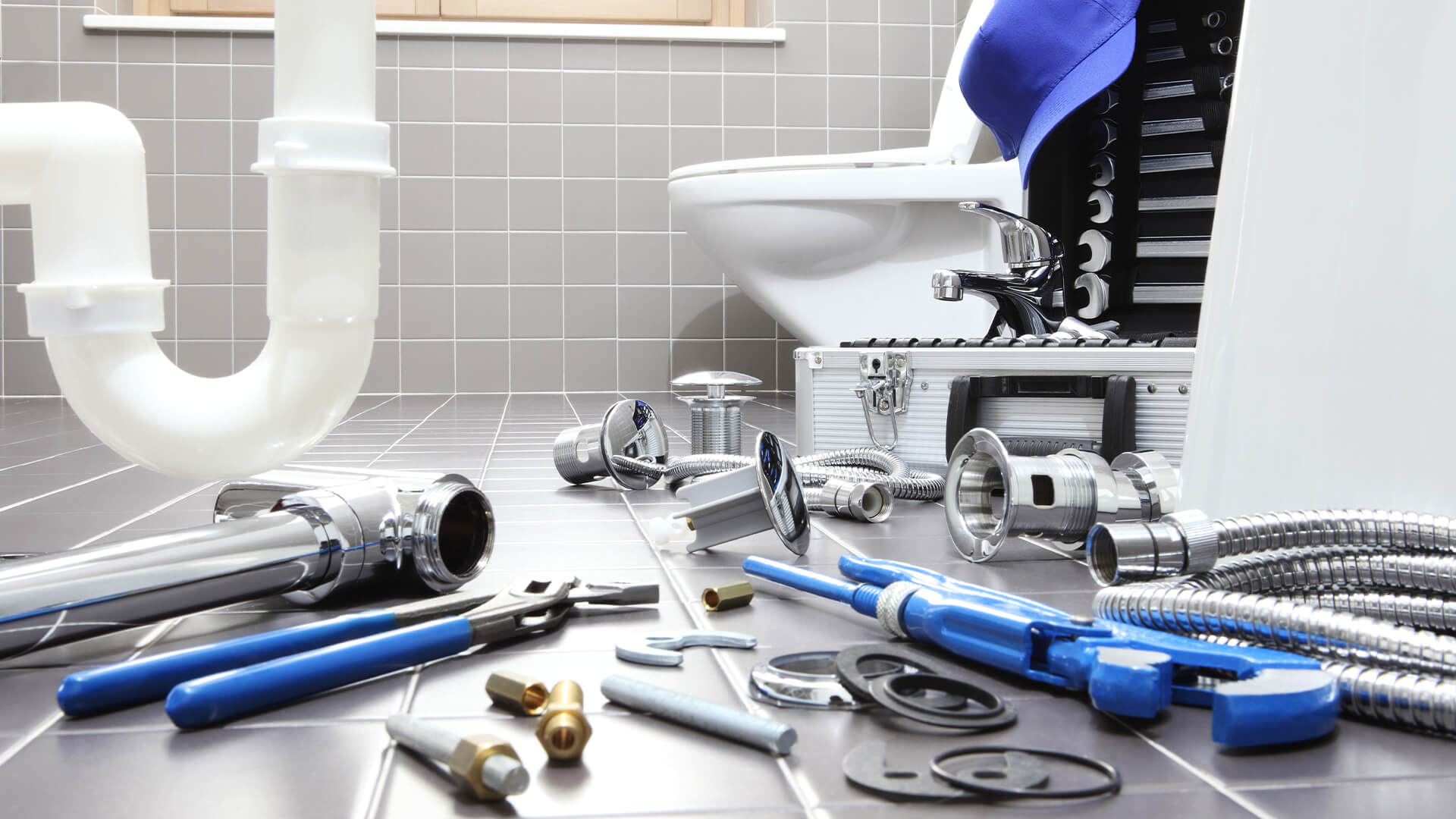
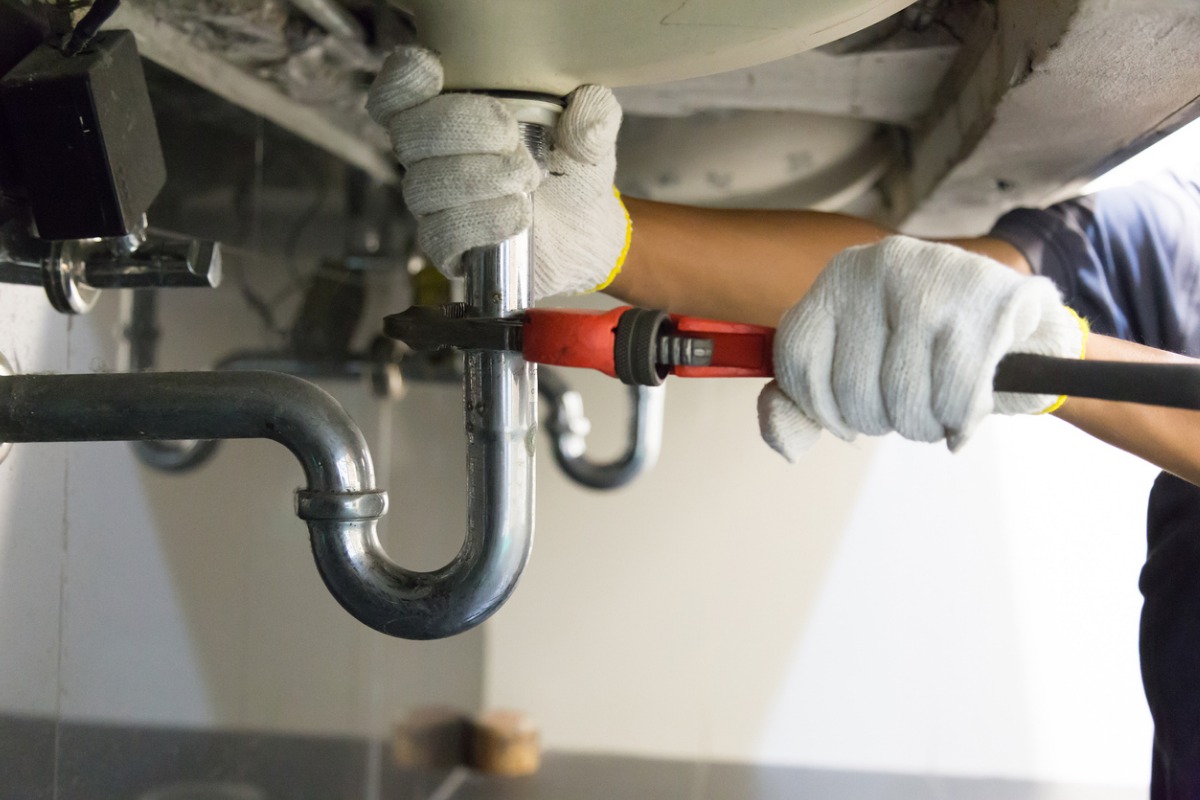
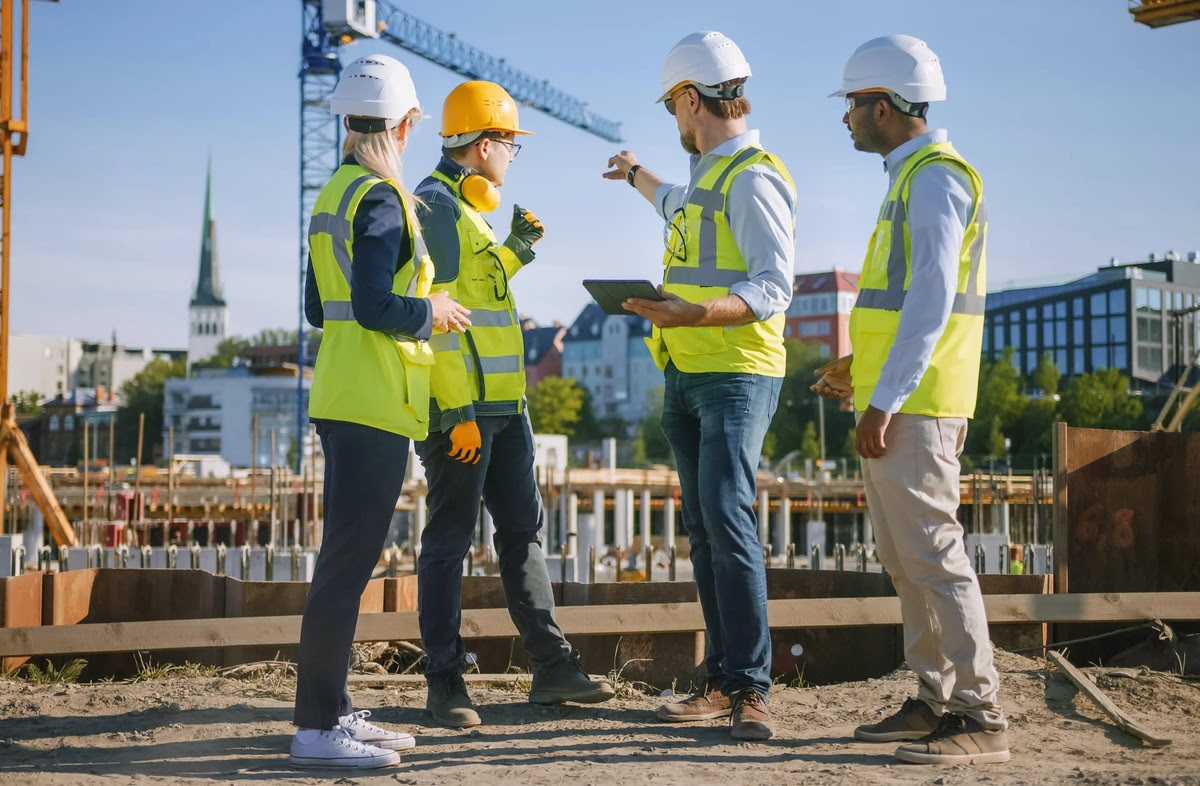
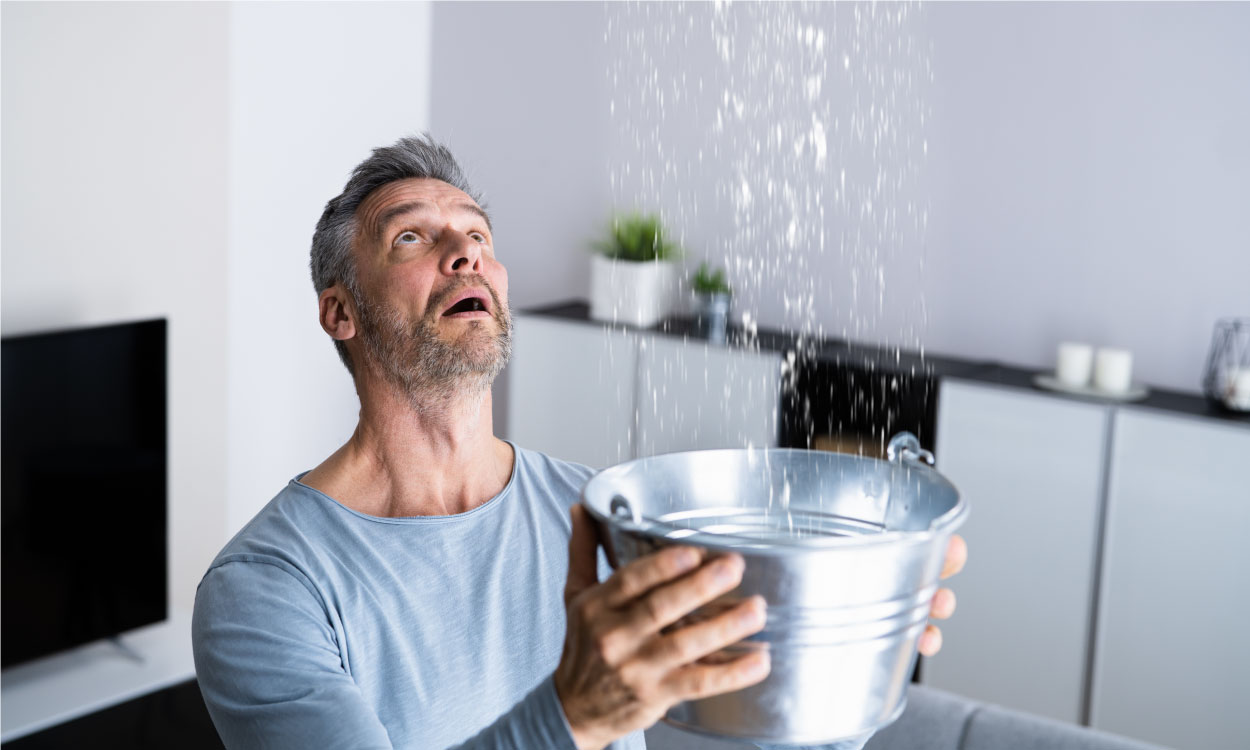

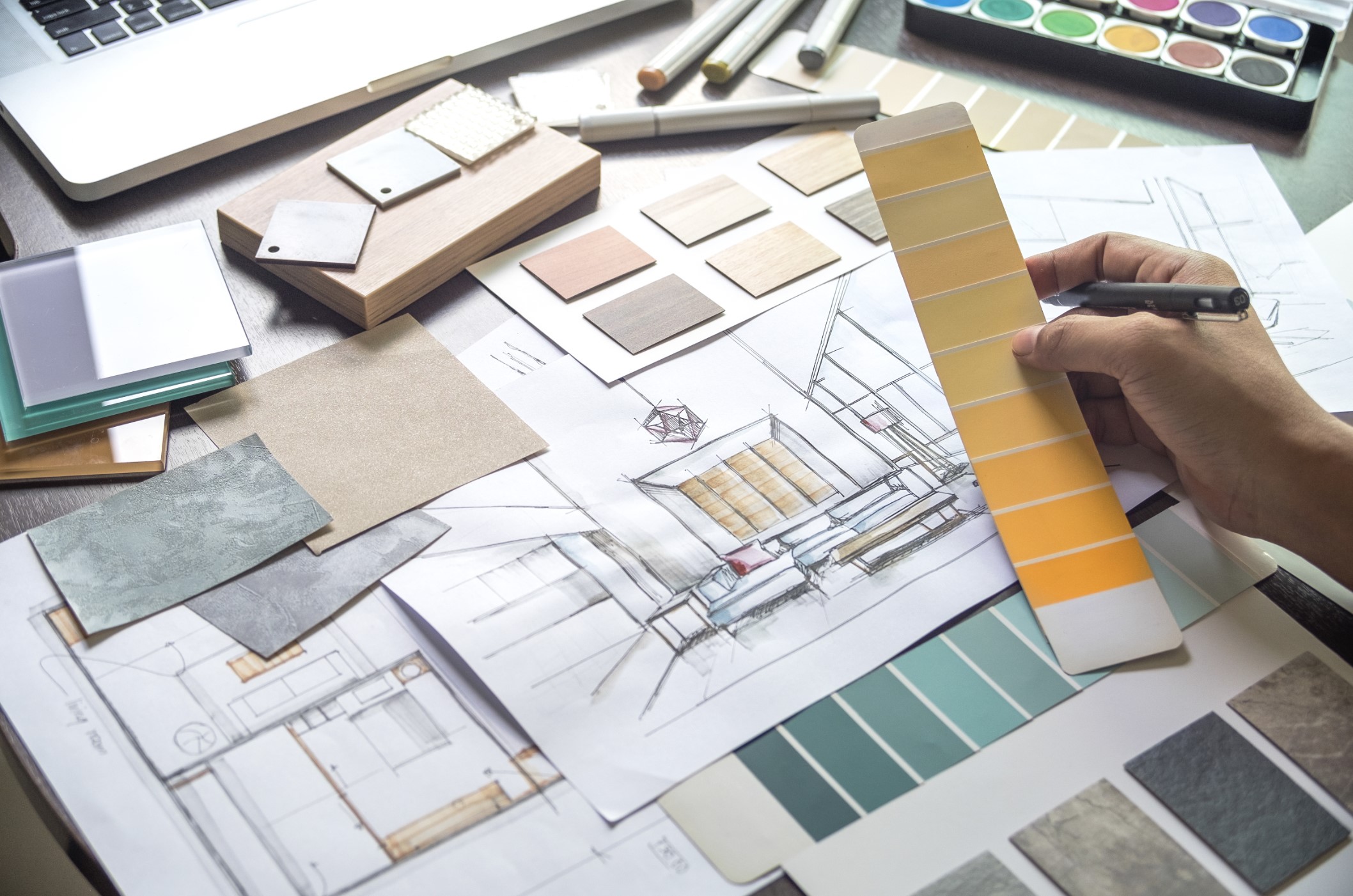
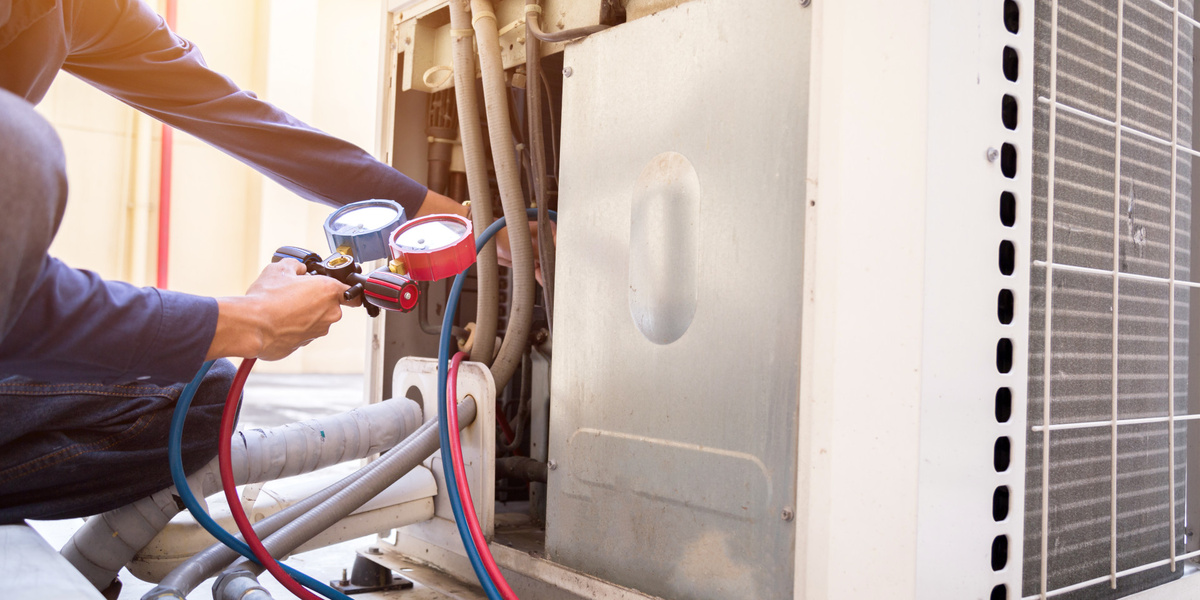
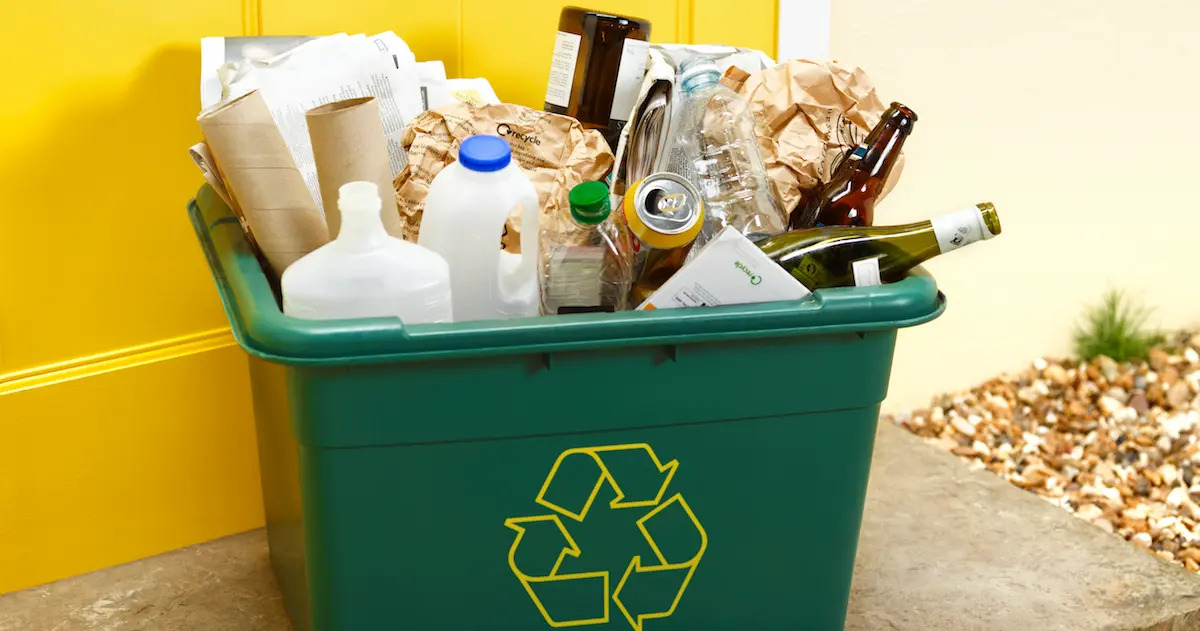


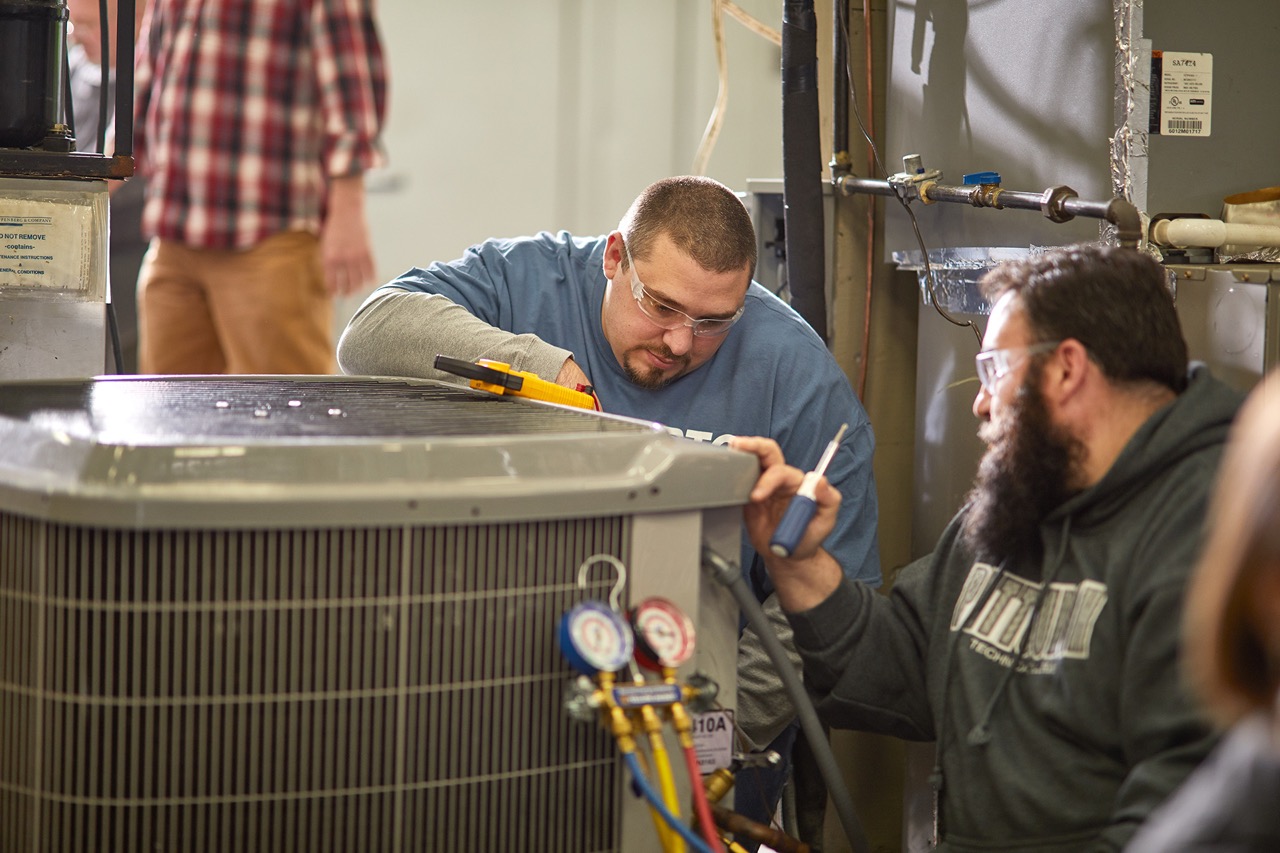
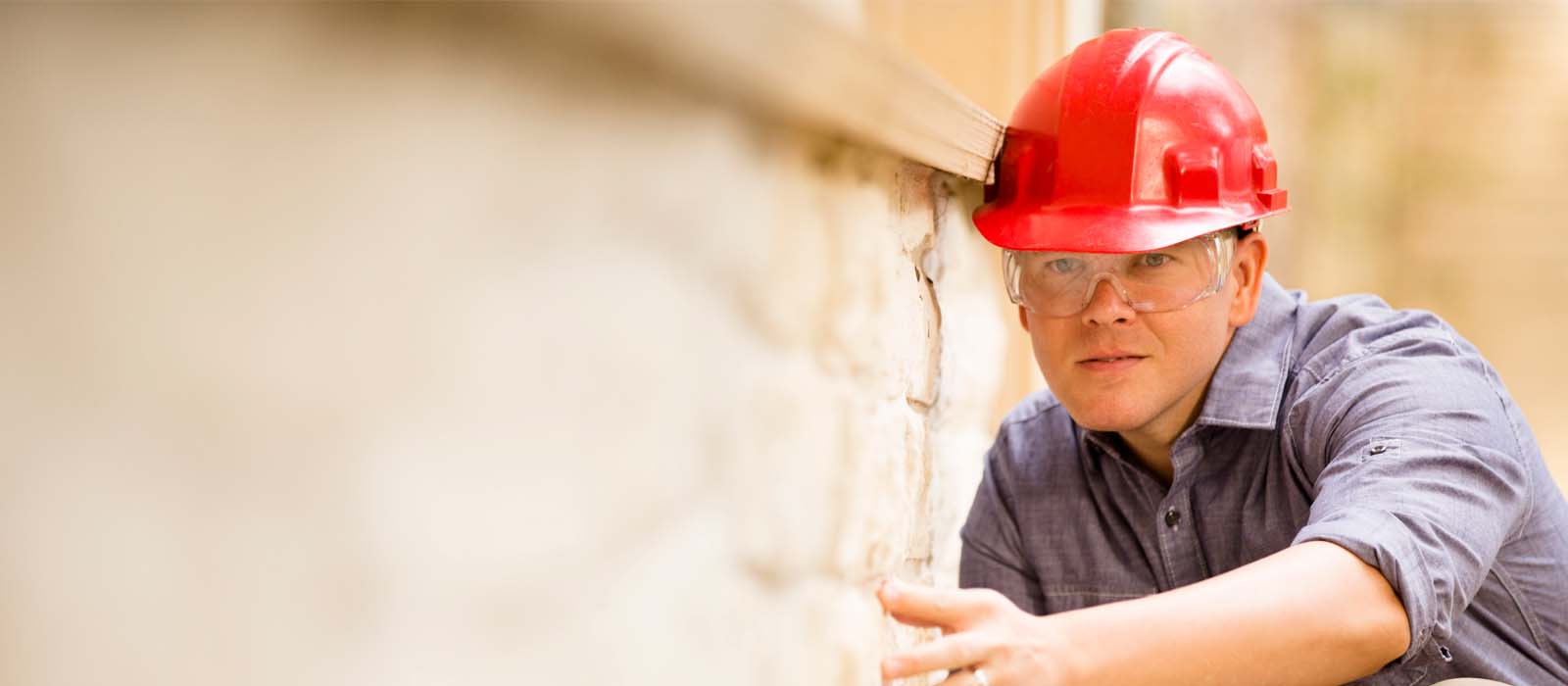

0 thoughts on “How Can I Get A Plumbing License”